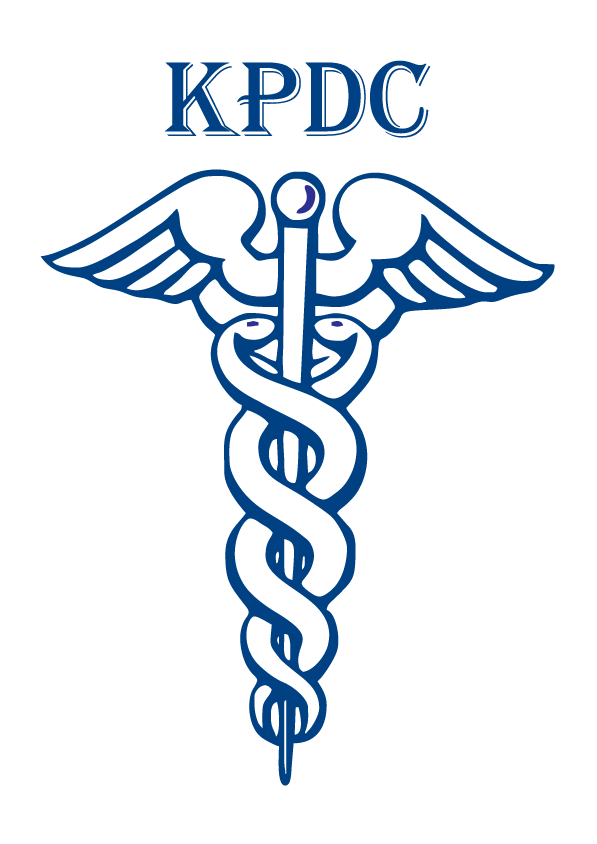Causes of Cough:
Infections: Respiratory infections, such as the common cold, flu, bronchitis, or pneumonia, often trigger coughing as the body attempts to expel harmful pathogens.
Allergies: Allergic reactions to airborne irritants like pollen, dust, or pet dander can lead to a persistent cough, often known as an allergic cough.
Irritants: Inhaling smoke, pollution, or other environmental irritants can induce coughing as the body tries to clear the airways.
Gastroesophageal Reflux Disease (GERD): Stomach acid moving into the esophagus can irritate the throat and lead to a chronic cough, known as reflux-related cough.
Medications: Some medications, particularly angiotensin-converting enzyme (ACE) inhibitors used to manage blood pressure, can cause a persistent cough as a side effect.
Types of Cough:
· Dry Cough: A dry cough produces no mucus and can be associated with irritants or early stages of viral infections.
· Wet Cough: Also known as a productive cough, this type results in the expulsion of mucus, often seen in respiratory infections.
Remedies for Cough:
The approach to treating a cough depends on its underlying cause:
· For coughs caused by infections, rest, hydration, and over-the-counter cough medicines can help alleviate symptoms.
· Allergy-induced coughs may respond to antihistamines or allergy medications.
· Avoiding irritants, such as quitting smoking and reducing exposure to pollution, can help with coughs triggered by environmental factors.
· GERD-related coughs may improve with lifestyle changes and medications to manage acid reflux.
· Persistent coughs with unknown causes should be evaluated by a healthcare provider to rule out more serious conditions.
In conclusion, a cough is a natural reflex that plays a vital role in protecting our respiratory system. However, when it becomes chronic or severe, it may be indicative of an underlying condition. Understanding the cause of the cough and seeking appropriate treatment or remedies is essential for alleviating discomfort and ensuring overall health.


